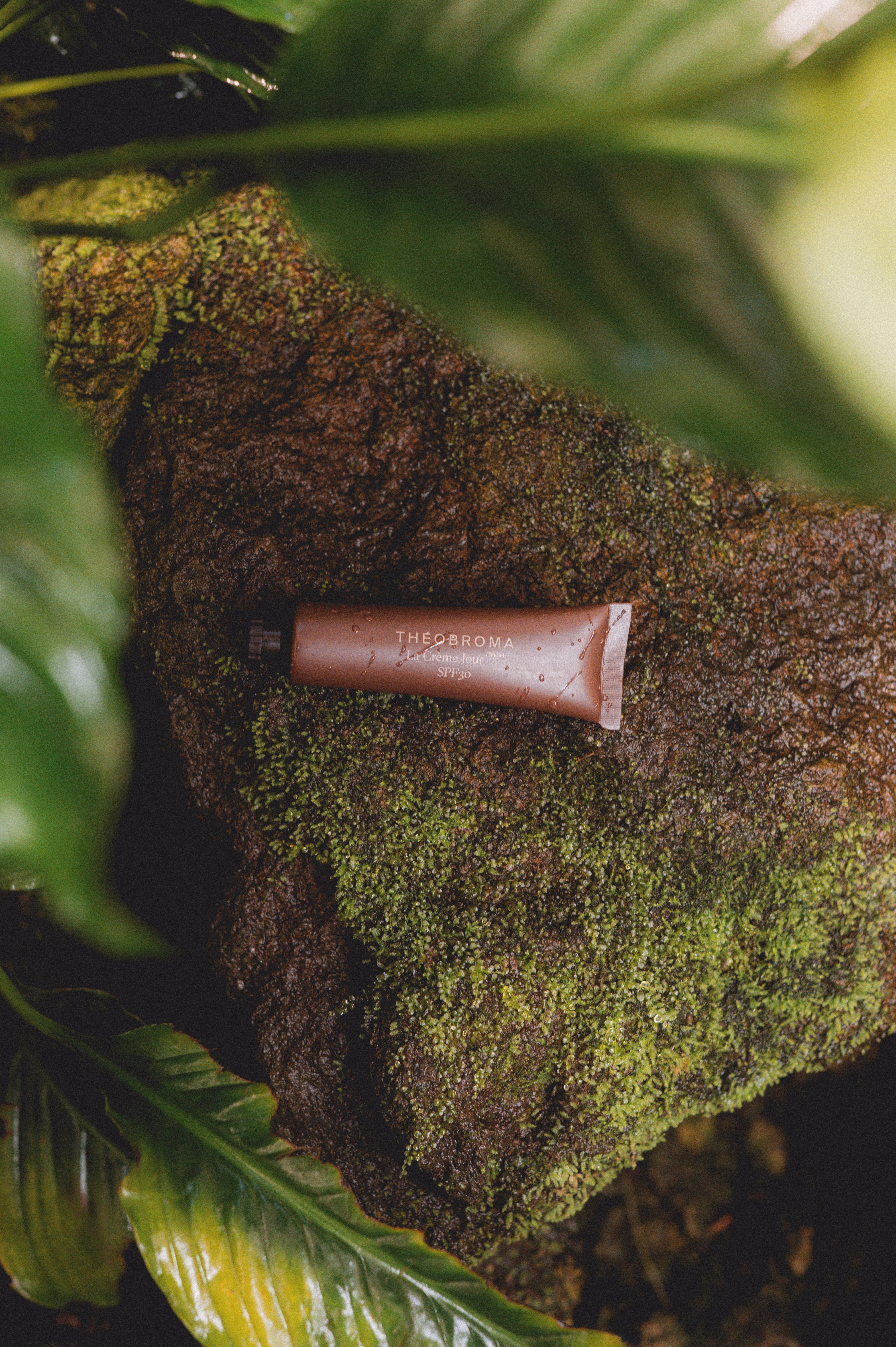Taking care of your skin is essential to preserve it and maintain its youthfulness and health. But to apply the right products and adopt the right routines, it is essential to know your skin type .
Each type of skin has its specificities and its particular needs , which can evolve depending on factors such as stress, the hormonal system, the living environment, or even diet.
Discover in this article our advice for identifying your skin type and providing appropriate care.
Why choose your products based on your skin type?
To meet the specific needs of your skin , you need to get to know it. Using inappropriate care can lead to skin problems such as dryness, excess sebum, acne, irritation, etc. By choosing suitable products, you will be able to improve the quality of your skin and its resistance to external aggressions such as pollution, UV rays or environmental stress.
You will discover that oily skin does not need thick, rich creams, and that dry skin is not satisfied with light fluids in winter. The same goes for makeup: foundation products containing comedogenic ingredients will likely cause oily or acne-prone skin to react more.
Likewise, the entire daily or weekly routine must be adjusted depending on the skin type: the use of scrubs must be less frequent for dry skin than for combination or oily skin.
In order to best preserve the health of your skin, we advise you to always use natural skin products and to avoid those with extended compositions.
What are the different skin types?
There are 4 types of skin. Here are their characteristics which can already guide you.
Oily skin
Oily skin has shiny areas due to excess sebum , even in winter.
Oily skin is more likely to be prone to blemishes than other skin types, particularly because of larger pores .
Combination skin
Combination skin has oily areas and normal or dry areas. In this case, the fatty area is located at the T zone : the forehead, nose and chin. This is where some imperfections may appear.
Cheeks and cheekbones may be dry. In this case, it is essential to adapt the care products used. This is a very common skin type.
Dry skin
Dry skin lacks hydration and nutrition. It is often characterized by thin skin and the earlier appearance of dehydration lines , particularly around the eyes.
Dry skin can feel tight and cause discomfort. In some cases, it may show more or less significant desquamation .
Normal skin
Normal skin is rare: it is skin which does not present imperfections, which has a rather even skin texture, which is not tight and which is not oily.

What test can you do to find out your skin type?
You should now have a clearer idea of your skin type. Here are some tests and tips to check if your intuition is correct.
First of all, observe your skin in the morning , before applying skincare products. Indeed, during the day you could have a distorted result by the application of a cream. Choose natural light and observe the presence of imperfections, dry areas, or enlarged pores.
Here are other tests to find out your skin type.
The tissue method
Very well known, this method allows you to quickly determine skin type. You can use a tissue or a skin mattifying paper if you have one at home.
On clean, dry skin, split a tissue and apply it to your face for a few moments. If the entire tissue looks shiny, you have oily skin. If only the T zone is affected, you have combination skin. Finally, if the tissue shows no marks, you probably have dry skin.
Carry out a diagnosis by a professional
During an appointment at a beauty salon, remember to ask your beautician.
The latter will probably be able to answer you by observing your skin and its characteristics.
Do not confuse skin type and skin problem
Skin type has nothing to do with different skin problems . By knowing all of these factors, you will then be able to choose the most suitable skincare products.
Here are some examples of issues to take into account:
- Mature skin : the skin produces less and less collagen, becomes thinner and may present pigment spots,
- Sensitive skin : sensitive skin is reactive and can be intolerant to skincare products containing too many chemicals, it tends to redden easily,
- Dehydrated skin : your skin may lack water even if it is “oily” type.
- Acne-prone skin : Likewise, there is dry skin that is prone to acne, for example in the case of hormonal acne.
To take good care of your skin, it is therefore important to know your skin type but also to observe its problems. These can change over time, for example if the hormonal system fluctuates.
We invite you to carry out a skin diagnosis to receive personalized advice from Théobroma.



